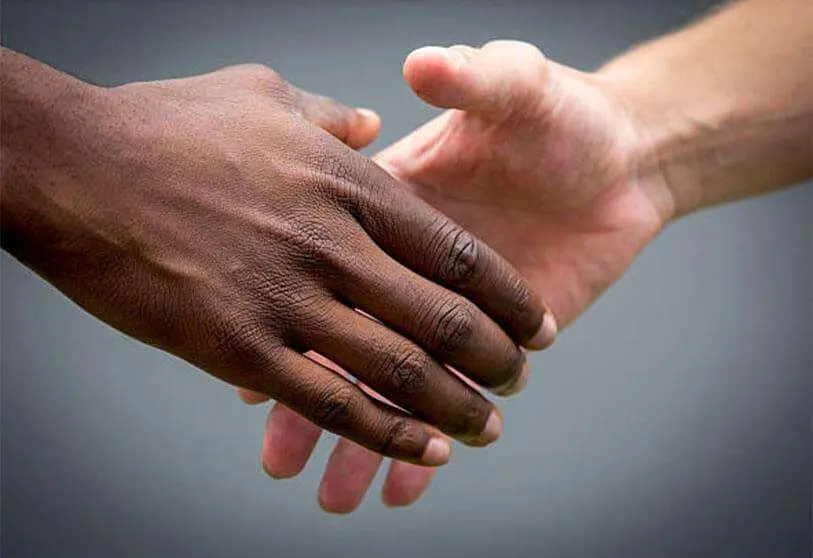Learning from Europe

On the occasion of the Durban agreements, the European Union agreed to strengthen the fight against racism and xenophobia. The next step for Europe is to implement the obligations undertaken at the World Conference against Racism held in Durban in 2001. Two decades after the Conference we are still waiting for the commitment and concreteness of European countries to combat racism and xenophobia or any other kind of discrimination.
One of the problems for Europe to implement favourable measures to prevent any kind of discrimination is to make visible the reality of people of African descent in Europe, particularly in Spain. They are people who live together, participate and contribute great value to citizenship and to the common good.
It is the responsibility of everyone, especially local, municipal, regional and state governments. It is the right time to rebuild a more inclusive society for the whole of Europe, more diverse, plural, strong and egalitarian. We are concerned about the tolerance of certain practices that foster hatred between people and believe that they should be made criminally relevant, promptly and effectively investigated.
We believe that the time has come for the Spanish Government to address in a real way the structural racism and invisibility of Afro-descendants (Afro-Europeans) in all life plans in social life and at national level. We demand that educational curricula include the true history of diversity in Europe, and that the contribution of people of African descent is given visibility.
To know more about Europe, it is more diverse than ever, here are some books that I recommend reading: 'Negros en los campos nazis' (Black people in the Nazi camps) by Serge Bilé, 'Les Africains noirs en Europe à la Renaissance' (Black Africans in Renaissance Europe) published in French, English and, soon, in Spanish.
This remarkable book refers to black Africans in Western Europe during the Renaissance. Spanning history, literature, art history and anthropology, it examines a range of experiences and representations of Africans across Europe. For all the contribution of Africans and people of African descent to Europe in previous centuries, they have always been invisible in all walks of life.
'La traite des Slaves du VIII au XVIII siècle'. 'White Slavery'. Vétché edition, by Alexandre Skirda. From this reading we can ask ourselves some questions: what is happening in 21st century Europe? What legacy are we going to leave to future generations? Do we want to continue telling the story half-heartedly?
I end with this sentence: we need to know in order to recognise. Divaika Kiemba Dina, President of the Centre Euro-Africa and representative of Gotha Noir in Spain and Portugal.
